World
Out in the World: LGBTQ news from Europe and Asia
Human Rights Watch in new report criticizes Jordanian government

Jordan
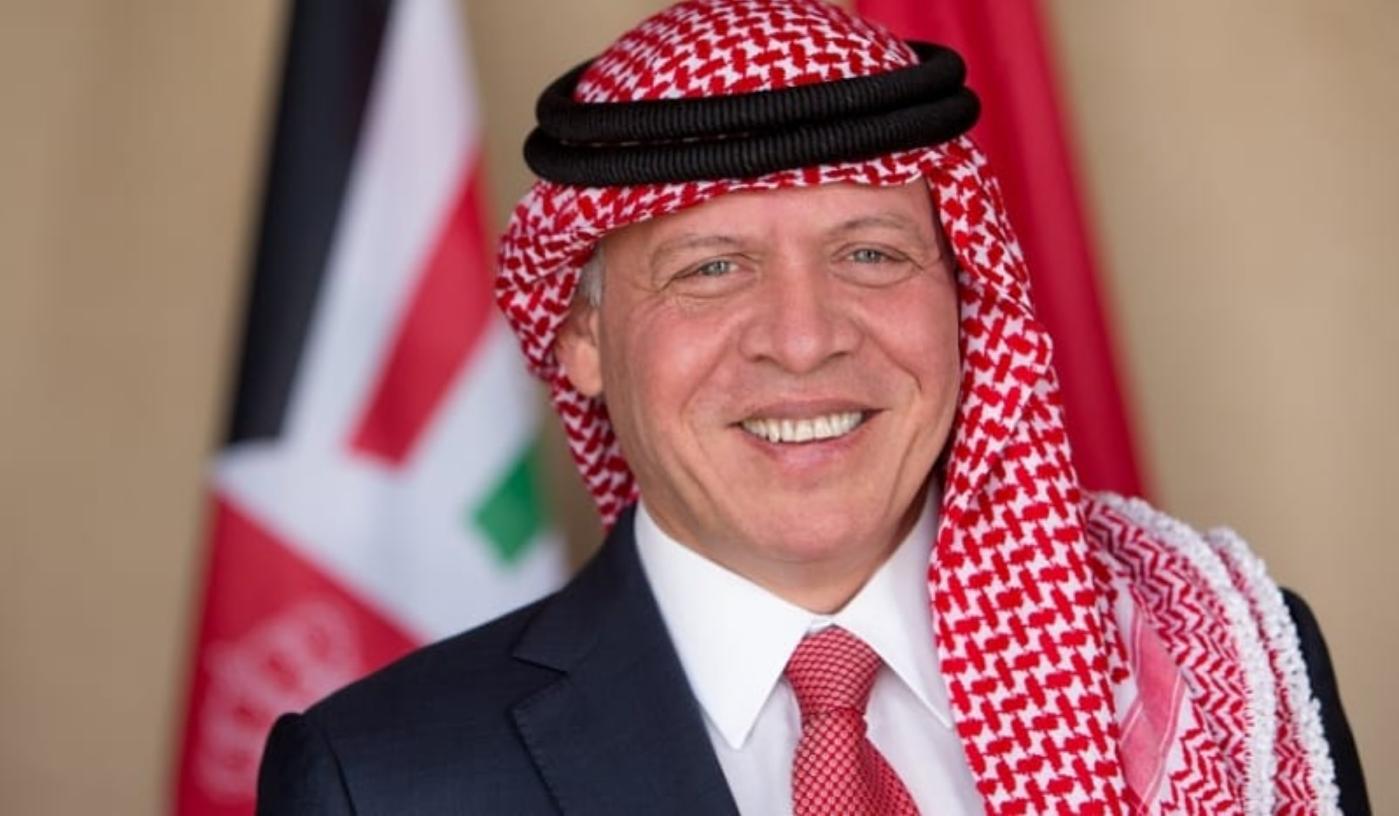
The government of Jordanian King Abdullah have systematically targeted lesbian, gay, bisexual and transgender rights activists and coordinated an unlawful crackdown on free expression and assembly around gender and sexuality, Human Rights Watch said in a report released earlier this month.
In its Dec. 4 report, HRW documented cases in which Jordan’s General Intelligence Department (GID) and the Preventive Security department of the Public Security Directorate interrogated LGBTQ activists about their work, and intimidated them with threats of violence, arrest and prosecution, forcing several activists to shut down their organizations, discontinue their activities and in some cases, flee the country.
Government officials also smeared LGBTQ rights activists online based on their sexual orientation, and social media users posted photos of LGBTQ rights activists with messages inciting violence against them.
“Jordanian authorities have launched a coordinated attack against LGBT rights activists, aimed at eradicating any discussion around gender and sexuality from the public and private spheres,” said Rasha Younes, senior LGBT rights researcher at Human Rights Watch. “Security forces’ intimidation tactics and unlawful interference in LGBT organizing have driven activism further underground and forced civil society leaders into an impossible reality: severe self-censorship or fleeing Jordan.”
Three activists said the Amman governor interrogated them after they preemptively cancelled the screening of a film depicting gay men. Two LGBTQ organization directors said that because of official intimidation, they were forced to close their offices, discontinue their operations in Jordan and flee the country.
One activist said Preventive Security officers made him sign a pledge that he would report all his venue’s activities to the governor. Another activist reported being targeted online while social media users called for him to be burned alive.
One of the few LGBTQ rights activists who has remained in Jordan described her current reality: “Merely existing in Amman has become terrifying. We cannot continue our work as activists, and we are forced to be hyperaware of our surroundings as individuals.”
More recently, in October 2023, an LGBTQ rights activist said he was summoned for investigation by the intelligence agency. During the interrogation, the activist said intelligence officers searched his phone, intimidated him and threatened him with a travel ban, while asking personal questions about his sexual orientation and sexual relations with other men. After three hours of questioning, the activist said the officers told him he could leave.
“They [Jordanian authorities] invest in intimidation to destroy our minds and isolate us,” the activist said. “Their tactic is to target us mentally, leaving no evidence of our torment behind.”
Jordan’s constitution protects the rights to nondiscrimination (article 6), the right to personal freedom (article 7), and the right to freedom of expression and opinion (article 15).
The International Covenant on Civil and Political Rights, to which Jordan is a state party, provides that everyone shall have the right to freedom of expression, assembly and association. The ICCPR, in its articles 2 and 26, guarantees fundamental human rights and equal protection of the law without discrimination.
The U.N. Human Rights Committee, which interprets the covenant, has made clear that discrimination based on sexual orientation and gender identity is prohibited in upholding any of the rights protected by the treaty, including freedom of expression, assembly and association.
France
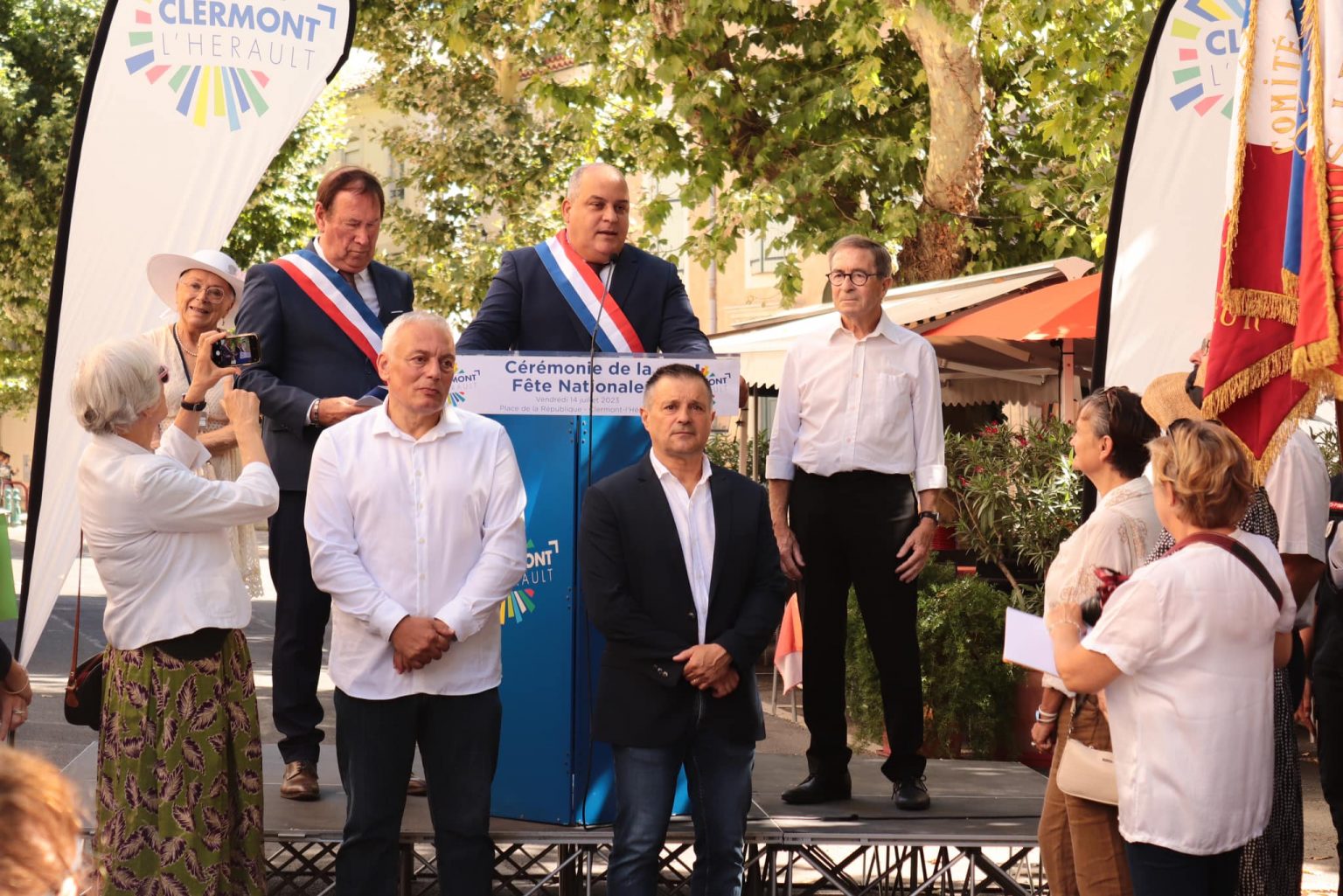
Legislation that was introduced last month by the openly gay Socialist Senator Hussein Bourgi to acknowledge the French state’s responsibility in the criminalization and persecution of gay men between 1945 and 1982 was adopted.
However, the section of bill that called for compensation of the victims of French homophobic laws, in effect during that period by offering them a lump sum of €10,000 ($10,752.75) was not approved.
Speaking with various French media outlets, Bourgi, who authored the bill, said: “It is high time to bring justice to the living victims of legislation which served as the basis for a politics of repression with brutal and punishing social, professional and familial consequences.”
Agence France-Presse reported:
Bourgi’s text focuses on a 40-year period following the introduction of legislation that specifically targeted homosexuals under the Nazi-allied Vichy regime. The 1942 law, which was not repealed after the liberation of France, introduced a discriminatory distinction in the age of consent for heterosexual and homosexual sex, setting the former at 13 (raised to 15 at the Liberation) and the latter at 21.
Some 10,000 people — almost exclusively men, most of them working-class — were convicted under the law until its repeal in 1982, according to research by sociologists Régis Schlagdenhauffen and Jérémie Gauthier. More than 90 percent were sentenced to jail. An estimated 50,000 more were convicted under a separate “public indecency” law that was amended in 1960 to introduce an aggravating factor for homosexuals and double the penalty.
“People tend to think France was protective of gay people compared to, say, Germany or the UK. But when you look at the figures you get a very different picture,” said Schlagdenhaufen, who teaches at the EHESS institute in Paris.
“France was not this cradle of human rights we like to think of,” he added. “The revolution tried to decriminalise homosexuality, but subsequent regimes found other stratagems to repress gay people. This repression was enshrined in law in 1942 and even more so in 1960.”
The legislation won the backing of Justice Minister Éric Dupond-Moretti in President Emmanuel Macron’s government. However, Dupond-Moretti agreed with the removal of the compensation provision by the right-wing and center senatorial majority. Dupond-Moretti justified this choice noting concerns over “legal difficulties,” telling French magazine Le Monde that “putting into practice” of this compensation measure “appears extremely complex” due to the difficulty of providing proof of an old conviction and its execution.
The Dupond-Moretti added “It was not the law which was responsible for this harm” but “French society, homophobic in all its components at the time” adding, “This is not the fault of the Republic. The law of memory is enough.”
The bill must now be taken up by the lower house, the National Assembly, to be passed and then adopted.
Scotland
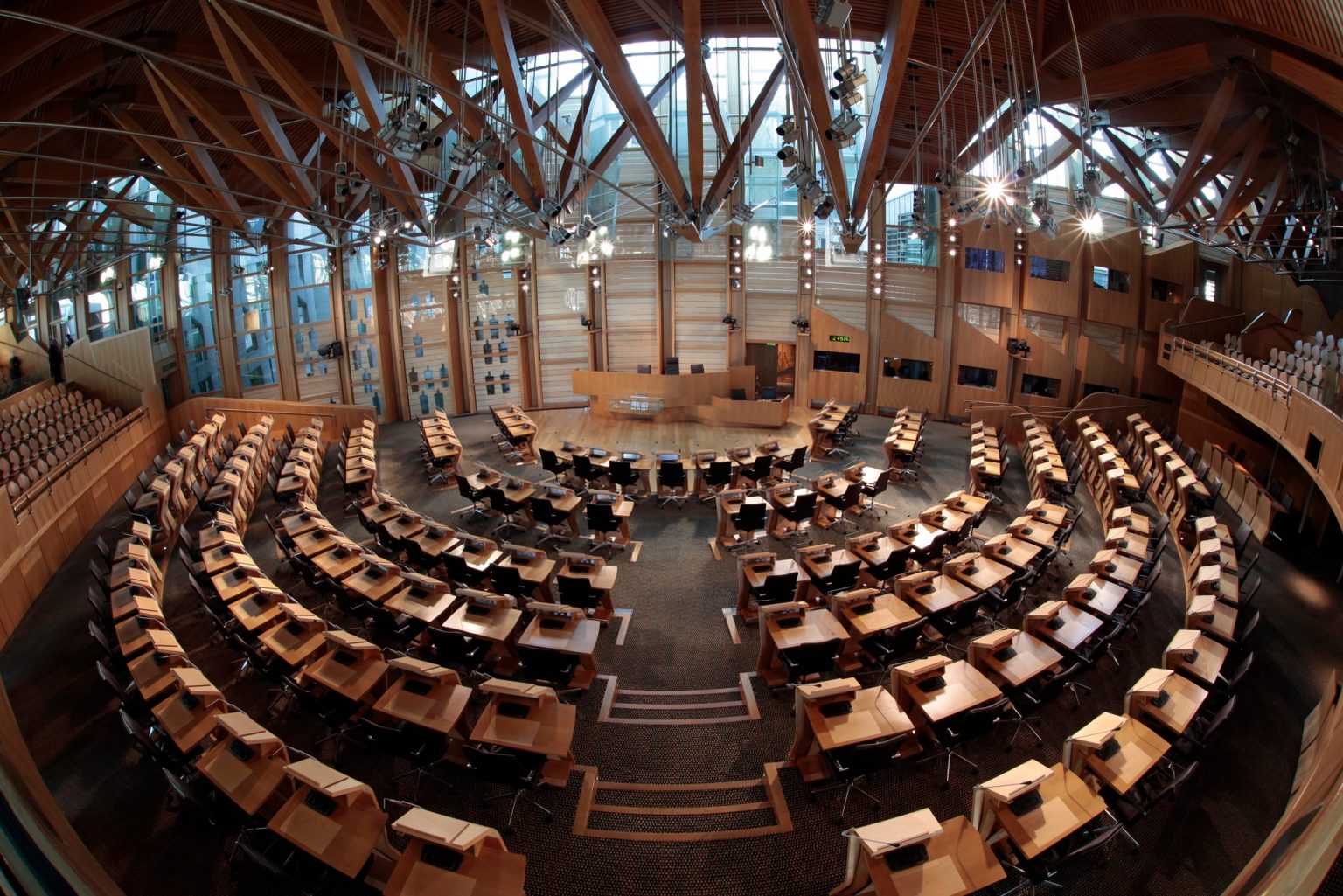
The Court of Session in Edinburgh has ruled that Prime Minister Rishi Sunak’s U.K. government acted within the law by invoking Section 35, which blocked the measure passed by the Scottish Parliament, that would have make it easier for transgender people to change their legally-recognized sex on documents.
The actions by Scottish Secretary Alister Jack, with Sunak’s backing kept the act from receiving the signature of King Charles III and becoming law.
The Gender Recognition Reform bill was introduced by the Scottish government in the country’s Parliament in the spring of 2022 was passed in a final 86-39 vote days before last Christmas. The sweeping reform bill modifies the Gender Recognition Act, signed into law in 2004, by allowing trans Scots to gain legal recognition without the need for a medical diagnosis.
The measure further stipulates that age limit for legal recognition is lowered to 16.
In a statement released in January of this year, Jack said:
“After thorough and careful consideration of all the relevant advice and the policy implications, I am concerned that this legislation would have an adverse impact on the operation of Great Britain-wide equalities legislation.
Transgender people who are going through the process to change their legal sex deserve our respect, support and understanding. My decision today is about the legislation’s consequences for the operation of GB-wide equalities protections and other reserved matters.
I have not taken this decision lightly. The bill would have a significant impact on, amongst other things, GB-wide equalities matters in Scotland, England and Wales. I have concluded, therefore, that this is the necessary and correct course of action.”
The Scottish government sued Westminster in the Court of Session, Scotland’s highest civil court, arguing that Jack did not have “reasonable grounds” to block the bill. The BBC reported that in her ruling for the UK governments, Judge Lady Haldane dismissed the Scottish government’s appeal and said the block on the legislation was lawful.
Haldance noted that Jack followed correct legal procedures when he made his decision to invoke section 35 and that the Scottish government had failed to show that he had made legal errors.
The judge wrote: “I cannot conclude that he (Mr. Jack) failed in his duty to take such steps as were reasonable in all the circumstances to acquaint himself with material sufficient to permit him to reach the decision that he did.”
Haldane also said that “Section 35 does not, in and of itself, impact on the separation of powers or other fundamental constitutional principle. Rather it is itself part of the constitutional framework.”
Stonewall UK, the nation’s largest LGBTQ advocacy group, expressed its disappointment with Haldane’s ruling in a statement released this past week:
“We’re disappointed that the Court of Session in Scotland has found in favour of the UK government’s unprecedented decision to use Section 35 to block the Gender Recognition Reform Bill from Royal Assent. This bill was one of the most debated in the Scottish Parliament’s history and was passed by a resounding majority of MSPs drawn from all major Scottish parties.
This unfortunately means more uncertainty for trans people in Scotland, who will now be waiting once again, to see whether they will be able to have their gender legally recognised through a process that is in line with leading nations like Ireland, Canada and New Zealand.
Whatever happens next in discussions with the UK and Scottish governments on this matter, Stonewall will continue to press all administrations to make progress on LGBTQ+ rights in line with leading international practice.”
UNITED KINGDOM
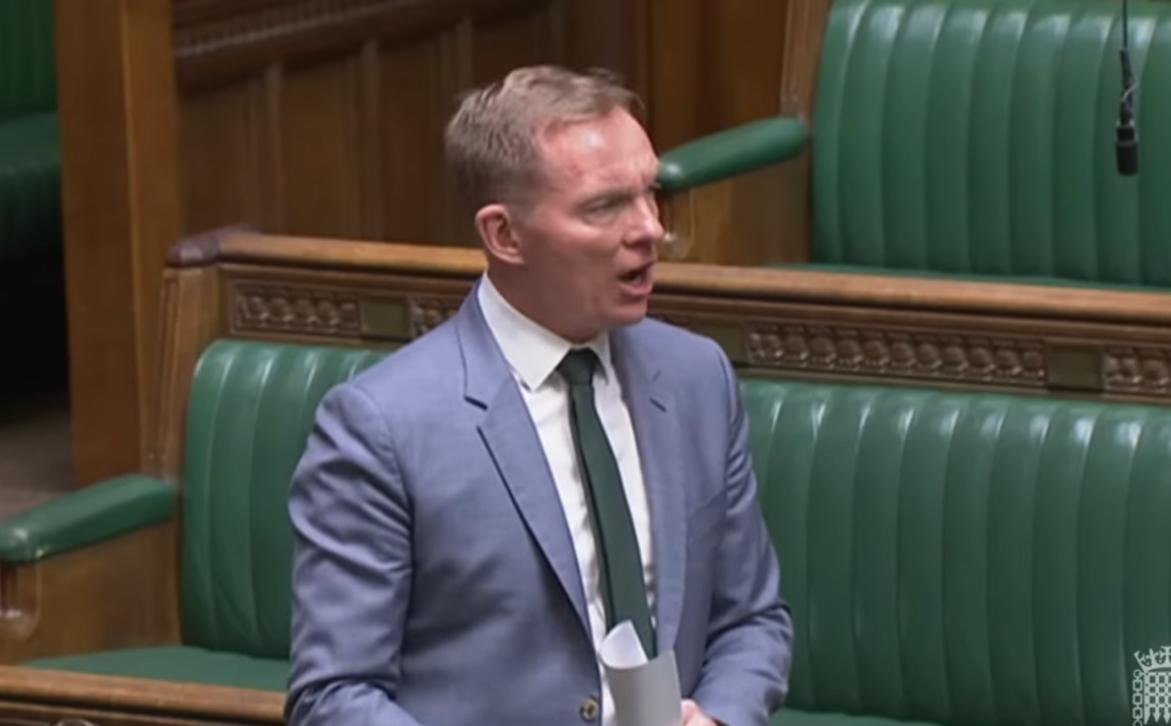
Anti-LGBTQ rhetoric used by British Equalities Minister Kemi Badenoch during her speech on the floor of the House of Commons on Dec. 6, prompted Labor MP Chris Bryant, an openly gay lawmaker, to rise in opposition and declare her speech left him feeling unsafe.
The debate was triggered by Badenoch claiming that the UK does not recognize self-ID from overseas countries for trans people, PinkNewsUK reported. In his retort to her statements, Bryant explained: “I feel, as a gay man, less safe than I did three years or five years ago.”
PinkNewsUK also noted that Bryant said: “Why? Sometimes because of the rhetoric that is used, including by herself [Badenoch] in the public debate.” He added that some MPs had cheered for Badenoch’s statements on the trans community, and for statements against gender-affirming care for trans people, which could lead to LGBTQ people feeling even less safe in the UK.
“Many of us feel less safe today, and when people over there cheer as they just did, it chills me to the bone, it genuinely does,” Bryant said.
She hit back with force, challenging him to identify which words precisely were so problematic. She later criticized the attempts of trans activists to use emotional blackmail to try to shut down debate.
The UK government has updated the list of countries from which gender-certificates will be accepted.
Replying to Bryant, Badenoch said: “He says that my rhetoric chills him to the bone. I would be really keen to hear exactly what it is I have said in this statement or previously that is so chilling.” She added that the current Tory government had done work on “our HIV action plan” and “around trans healthcare,” as well as “establishing five new community-based clinics for adults in the country.”
“There is a lot that we are doing, so it is wrong to characterize us as not caring about LGBT people,” she said.
Bryant’s colleague, Ben Bradshaw, also failed to get the better of Badenoch. He complained the UK had recently fallen in a set of international rankings on LGBTQ rights. She calmly pointed out that those rankings reward states that adopt the Stonewall-supported policy of self-ID and punish those who do not. To cheers from the Tory benches, she declared “Stonewall does not decide the law in this country,” referring to Stonewall UK, the nation’s largest LGBTQ advocacy group.
POLAND
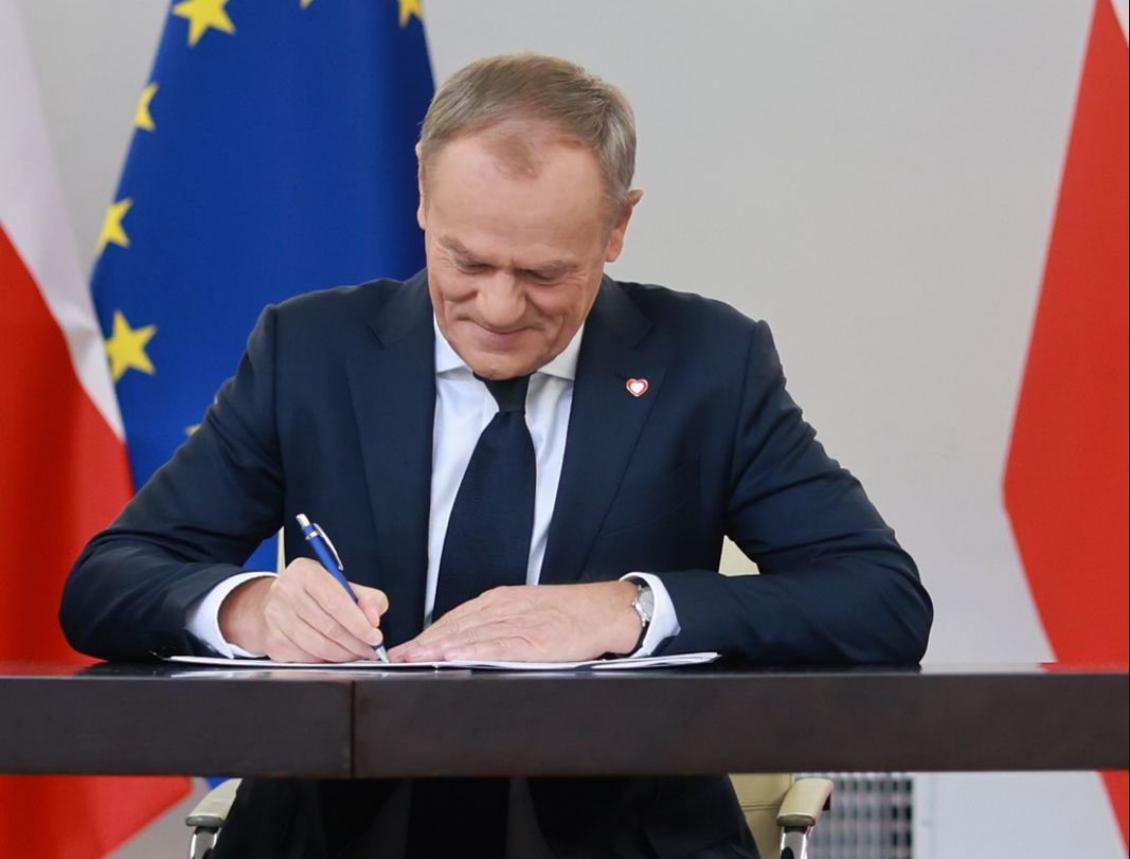
In a turn of events Monday, the lower house of the national legislature of Poland, elected Donald Tusk as the new prime minister after Prime Minister Mateusz Morawiecki failed to win a vote of confidence by lawmakers in his government.
248 MPs voted for the election of Tusk as prime minister, 201 were against and no one abstained in the 460-seat lower house of Parliament.
“This is a truly wonderful day, not only for me, but for all those who have deeply believed for many years that things will get even better, that we will chase away the darkness, that we will chase away evil,” the 66-year-old new prime minister told Parliament after his election.
There had been considerable turmoil in the Polish government, particularly in Parliament, as many accused the ruling conservative right-wing PiS (Law and Justice Party) of Jarosław Kaczyński, who until last month held the post of deputy prime minister, of leading the country backwards into an authoritarian state.
The PiS lost their parliamentary majority in the critical elections this past October after a larger proportion of the country’s 18-29 year-olds had turned out to vote than over-60s and election officials said that turnout was probably 72.9 percent, the highest since the fall of communism in 1989.
Voter anger had steadily risen over erosion of women’s reproductive rights eroded and Polish LGBTQ people who had faced a government hate campaign that drove some to leave the country and caused the European Commission to threatened to pull economic aid and as the BBC reported, the EU is still withholding more than €30 billion ($32 billion) in COVID-19 recovery funds because of its concerns about the politicization of Poland’s courts.
The Polish government has repeatedly clashed with the EU over the rule of law, media freedom, migration and LGBTQ rights since PiS came to power in 2015.
Tusk, who had served as European Council president from 2014-2019 is expected to improve Warsaw’s standing with the EU. Additionally he previously served as Poland’s prime minister from 2007-2014.
“At the invitation of President Andrzej Duda, after the vote in the Sejm, a meeting was held with Prime Minister Donald Tusk. It was agreed that after obtaining a vote of confidence, the swearing-in of the new government would take place on Wednesday, Dec. 13, at 9 a.m. at the Presidential Palace,” a spokesperson for Duda said in a statement released late Monday.
Additional reporting from Human Rights Watch, Agence France-Presse, Le Monde, The BBC and PinkNewsUK.
Ecuador
Justicia reconoce delito de odio en caso de bullying en Instituto Nacional Mejía de Ecuador
Johana B se suicidó el 11 de abril de 2023

A casi tres años del suicidio de Johana B., quien estudió en el Instituto Nacional Mejía, colegio emblemático de Quito, el Tribunal de la Corte Nacional de Justicia ratificó la condena para el alumno responsable del acoso escolar que la llevó a quitarse la vida.
Según información de la Fiscalía, el fallo de última instancia deja en firme la condena de cuatro años de internamiento en un centro para adolescentes infractores, en una audiencia de casación pedida por la defensa del agresor, tres meses antes de que prescriba el caso.
Con la sentencia, este caso es uno de los primeros en el país en reconocer actos de odio por violencia de género, delito tipificado en el artículo 177 del Código Orgánico Penal Integral (COIP).
El suicidio de Johana B. ocurrió el 11 abril de 2023 y fue consecuencia del acoso escolar por estereotipos de género que enfrentó la estudiante por parte de su agresor, quien constantemente la insultaba y agredía por su forma de vestir, llevar el cabello corto o practicar actividades que hace años se consideraban exclusivamente para hombres, como ser mando de la Banda de Paz en el Instituto Nacional Mejía.
Desde la muerte de Johana, su familia buscaba justicia. Su padre, José, en una entrevista concedida a edición cientonce para la investigación periodística Los suicidios que quedan en el clóset a causa de la omisión estatal afirmó que su hija era acosada por su compañero y otres estudiantes con apodos como “marimacha”, lo que también fue corroborado en los testimonios recogidos por la Unidad de Justicia Juvenil No. 4 de la Fiscalía.
Los resultados de la autopsia psicológica y del examen antropológico realizados tras la muerte de Johana confirmaron las versiones de sus compañeras y docentes: que su agresor la acosó de manera sistemática durante dos años. Los empujones, jalones de cabello o burlas, incluso por su situación económica, eran constantes en el aula de clase.
La violencia que recibió Johana escaló cuando su compañero le dio un codazo en la espalda ocasionándole una lesión que le imposibilitó caminar y asistir a clases.
Días después del hecho, la adolescente se quitó la vida en su casa, tras escuchar que la madre del agresor se negó a pagar la mitad del valor de una tomografía para determinar la lesión en su espalda, tal como lo había acordado previamente con sus padres y frente al personal del DECE (Departamento de Consejería Estudiantil del colegio), según versiones de su familia y la Fiscalía.
#AFONDO | Johana se suicidó el 11 de abril de 2023, tras ser víctima de acoso escolar por no cumplir con estereotipos femeninos 😢.
Dos semanas antes, uno de sus compañeros le dio un codazo en la espalda, ocasionándole una lesión que le imposibilitó caminar 🧵 pic.twitter.com/bXKUs9YYOm
— EdicionCientonce (@EdCientonce) September 3, 2025
“Era una chica linda, fuerte, alegre. Siempre nos llevamos muy bien, hemos compartido todo. Nos dejó muchos recuerdos y todos nos sentimos tristes; siempre estamos pensando en ella. Es un vacío tan grande aquí, en este lugar”, expresó José a Edición Cientonce el año pasado.
Para la fiscal del caso y de la Unidad de Justicia Juvenil de la Fiscalía, Martha Reino, el suicidio de la adolescente fue un agravante que se contempló durante la audiencia de juzgamiento de marzo de 2024, según explicó a este medio el año pasado. Desde entonces, la familia del agresor presentó un recurso de casación en la Corte Nacional de Justicia, que provocó la dilatación del proceso.
En el fallo de última instancia, el Tribunal también dispuso que el agresor pague $3.000 a la familia de Johana B. como reparación integral. Además, el adolescente deberá recibir medidas socioeducativas, de acuerdo al artículo 385 del Código Orgánico de la Niñez y Adolescencia, señala la Fiscalía.
El caso de Johana también destapó las omisiones y negligencias del personal del DECE y docentes del Instituto Nacional Mejía. En la etapa de instrucción fiscal se comprobó que no se aplicaron los protocolos respectivos para proteger a la víctima.
De hecho, la Fiscalía conoció el caso a raíz de la denuncia que presentó su padre, José, y no por el DECE, aseguró la fiscal el año pasado a Edición Cientonce.
Pese a estas omisiones presentadas en el proceso, el fallo de última instancia sólo ratificó la condena para el estudiante.
Africa
LGBTQ groups question US health agreements with African countries
Community could face further exclusion, government-sanctioned discrimination

Some queer rights organizations have expressed concern that health agreements between the U.S. and more than a dozen African countries will open the door to further exclusion and government-sanctioned discrimination.
The Trump-Vance administration since December has signed five-year agreements with Kenya, Uganda, and other nations that are worth a total of $1.6 billion.
Kenyan and Ugandan advocacy groups note the U.S. funding shift from NGO-led to a government-to-government model poses serious risks to LGBTQ people and other vulnerable populations in accessing healthcare due to existing discrimination based on sexual orientation.
Uganda Minority Shelters Consortium, Let’s Walk Uganda, the Kenya Human Rights Commission, and the Center for Minority Rights and Strategic Litigation note the agreements’ silence on vulnerable populations in accessing health care threatens their safety, privacy, and confidentiality.
“Many LGBTQ persons previously accessed HIV prevention and treatment, sexual and reproductive health services, mental health support, and psychosocial care through specialized clinics supported by NGOs and partners such as USAID (the U.S. Agency for International Development) or PEPFAR,” Let’s Walk Uganda Executive Director Edward Mutebi told Washington Blade.
He noted such specialized clinics, including the Let’s Walk Medical Center, are trusted facilities for providing stigma-free services by health workers who are sensitized to queer issues.
“Under this new model that sidelines NGOs and Drop-in Centers (DICs), there is a high-risk of these populations being forced into public health facilities where stigma, discrimination, and fear of exposure are prevalent to discourage our community members from seeking care altogether, leading to late testing and treatment,” Mutebi said. “For LGBTQ persons already living under criminalization and heightened surveillance, the loss of community-based service delivery is not just an access issue; it is a full-blown safety issue.”
Uganda Minority Shelters Consortium Coordinator John Grace said it is “deeply troubling” for the Trump-Vance administration to sideline NGOs, which he maintains have been “critical lifelines” for marginalized communities through their specialized clinics funded by donors like the Global Fund and USAID.
USAID officially shut down on July 1, 2025, after the White House dismantled it.
Grace notes the government-to-government funding framework will impact clinics that specifically serve the LGBTQ community, noting their patients will have to turn to public systems that remain inaccessible or hostile to them.
“UMSC is concerned that the Ugandan government, under this new arrangement, may lack both the political will and institutional safeguards to equitably serve these populations,” Grace said. “Without civil society participation, there is a real danger of invisibility and neglect.”
Grace also said the absence of accountability mechanisms or civil society oversight in the U.S. agreement, which Uganda signed on Dec. 10, would increase state-led discrimination in allocating health resources.
Center for Minority Rights and Strategic Litigation Legal Manager Michael Kioko notes the U.S. agreement with Kenya, signed on Dec. 4, will help sustain the country’s health sector, but it has a non-binding provision that allows Washington to withdraw or withhold the funding at any time without legal consequences. He said it could affect key health institutions’ long-term planning for specialized facilities for targeted populations whose independent operations are at stake from NGOS the new agreement sidelines.
“The agreement does not provide any assurance that so-called non-core services, such as PrEP, PEP, condoms, lubricants, targeted HIV testing, and STI prevention will be funded, especially given the Trump administration’s known opposition to funding these services for key populations,” Kioko said.
He adds the agreement’s exclusionary structure could further impact NGO-run clinics for key populations that have already closed or scaled down due to loss of the U.S. funding last year, thus reversing hard-won gains in HIV prevention and treatment.
“The socio-political implications are also dire,” Kioko said. “The agreement could be weaponized to incite discrimination and other LGBTQ-related health issues by anti-LGBTQ voices in the parliament who had called for the re-authorization of the U.S. funding (PEPFAR) funding in 2024, as a political mileage in the campaign trail.”
Even as the agreement fails to safeguard specialized facilities for key populations, the Kenya Human Rights Commission states continued access to healthcare services in public facilities will depend on the government’s commitment to maintain confidentiality, stigma-sensitive care, and targeted outreach mechanisms.
“The agreement requires compliance with applicable U.S. laws and foreign assistance policies, including restrictions such as the Helms Amendment on abortion funding,” the Kenya Human Rights Commission said in response to the Blade. “More broadly, funded activities must align with U.S. executive policy directives in force at the time. In the current U.S. context, where executive actions have narrowed gender recognition and reduced certain transgender protections, there is a foreseeable risk that funding priorities may shift.”
Just seven days after Kenya and the U.S. signed the agreement, the country’s High Court on Dec. 11 suspended its implementation after two petitioners challenged its legality on grounds that it was negotiated in secrecy, lacks proper parliamentary approval, and violates Kenyans’ data privacy when their medical information is shared with America.
The agreement the U.S. and Uganda signed has not been challenged.
European Union
European Parliament resolution backs ‘full recognition of trans women as women’
Non-binding document outlines UN Commission on the Status of Women priorities

The European Parliament on Feb. 11 adopted a transgender-inclusive resolution ahead of next month’s U.N. Commission on the Status of Women meeting.
The resolution, which details the European Union’s priorities ahead of the meeting, specifically calls for “the full recognition of trans women as women.”
“Their inclusion is essential for the effectiveness of any gender-equality and anti-violence policies; call for recognition of and equal access for trans women to protection and support services,” reads the resolution that Erin in the Morning details.
The resolution, which is non-binding, passed by a 340-141 vote margin. Sixty-eight MPs abstained.
The commission will meet in New York from March 10-21.
A sweeping executive order that President Donald Trump signed shortly after he took office for a second time on Jan. 20, 2025, said the federal government’s “official policy” is “there are only two genders, male and female.” The Trump-Vance administration has withdrawn the U.S. from the U.N. LGBTI Core Group, a group of U.N. member states that have pledged to support LGBTQ and intersex rights, and dozens of other U.N. entities.
-

 Baltimore4 days ago
Baltimore4 days ago‘Heated Rivalry’ fandom exposes LGBTQ divide in Baltimore
-

 Real Estate4 days ago
Real Estate4 days agoHome is where the heart is
-

 District of Columbia4 days ago
District of Columbia4 days agoDeon Jones speaks about D.C. Department of Corrections bias lawsuit settlement
-

 European Union4 days ago
European Union4 days agoEuropean Parliament resolution backs ‘full recognition of trans women as women’




















